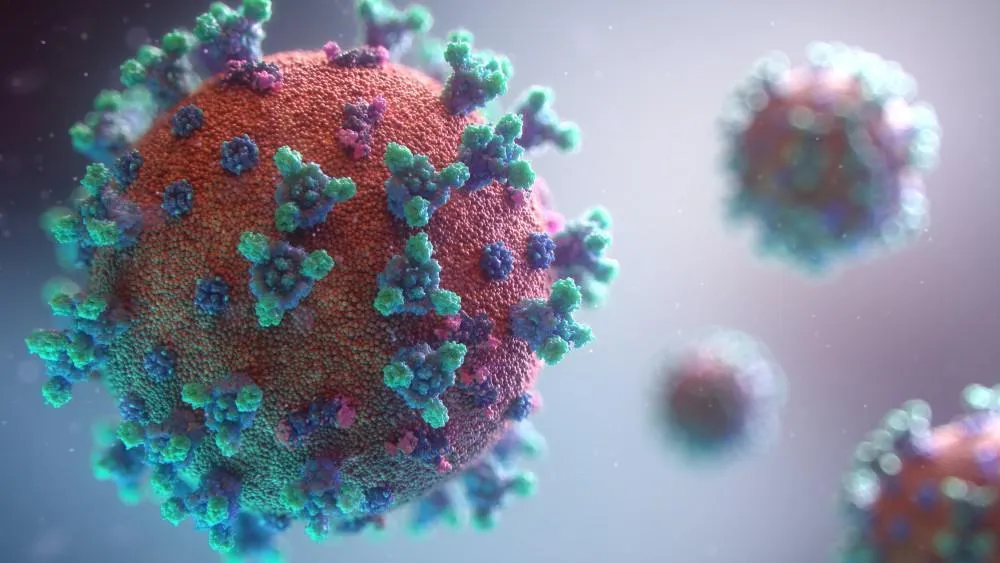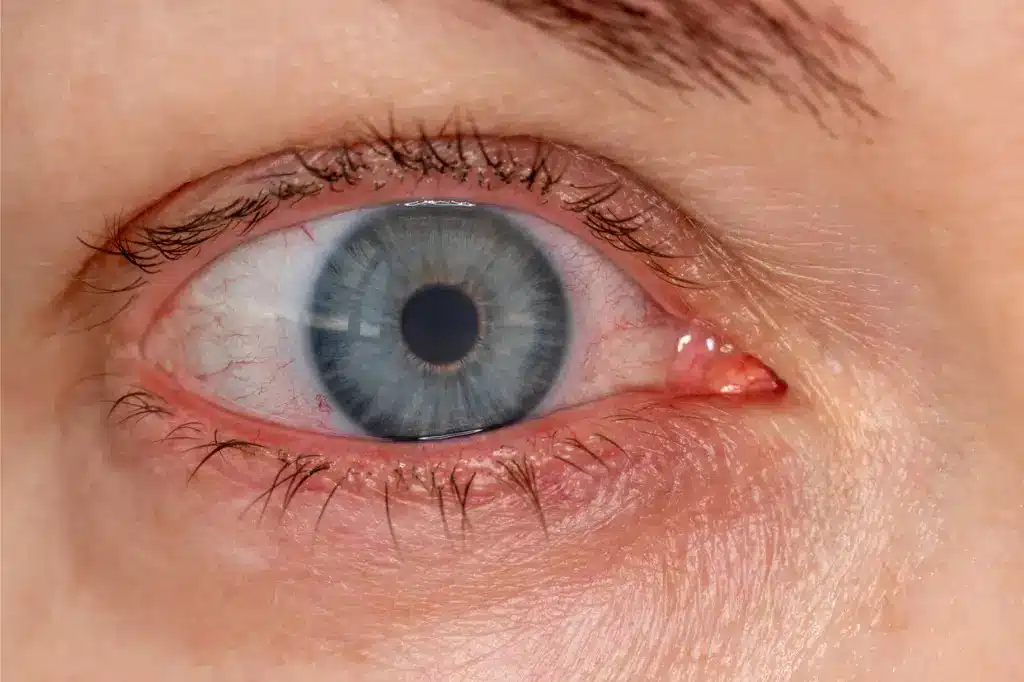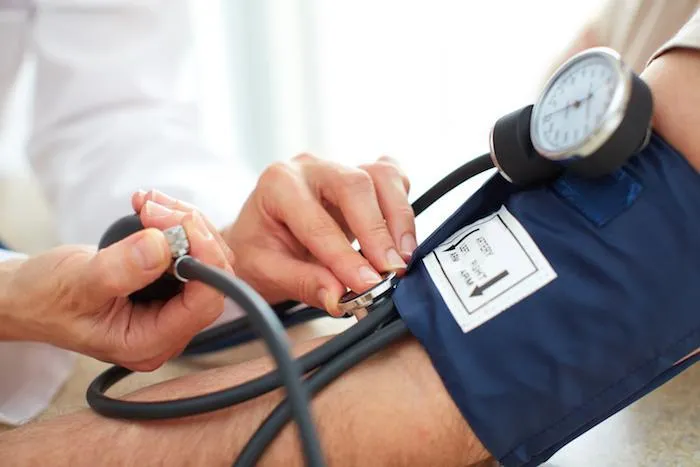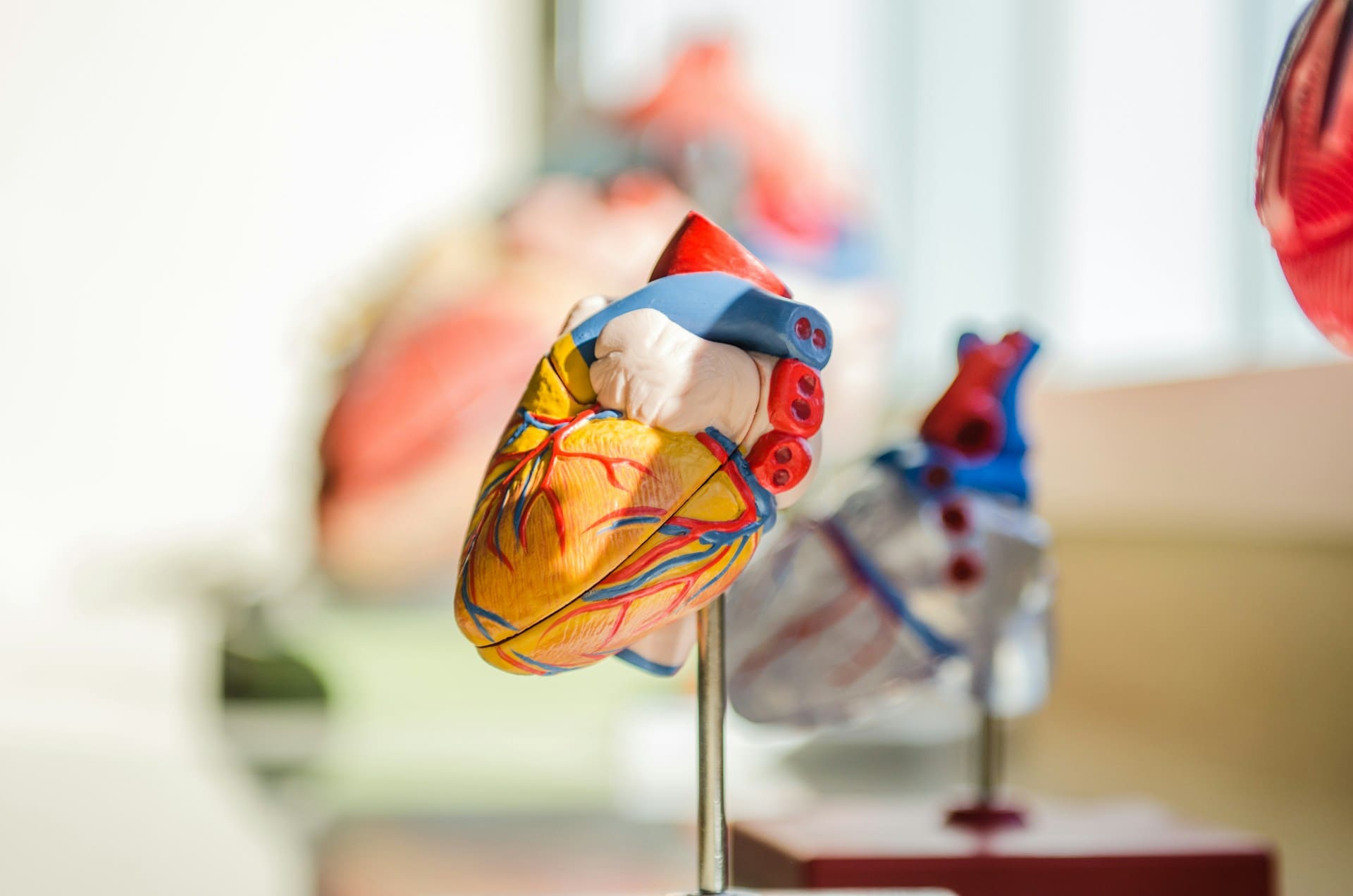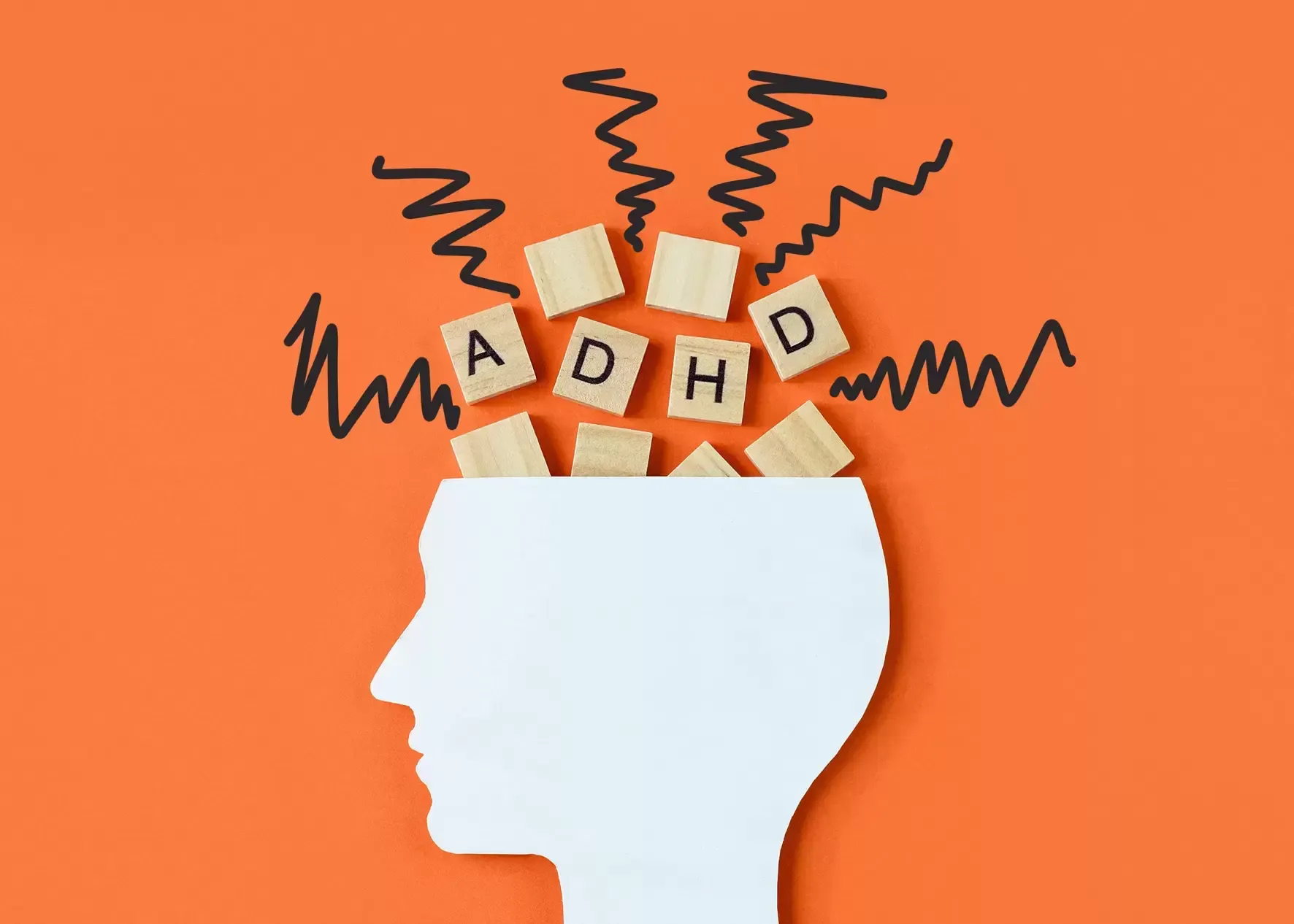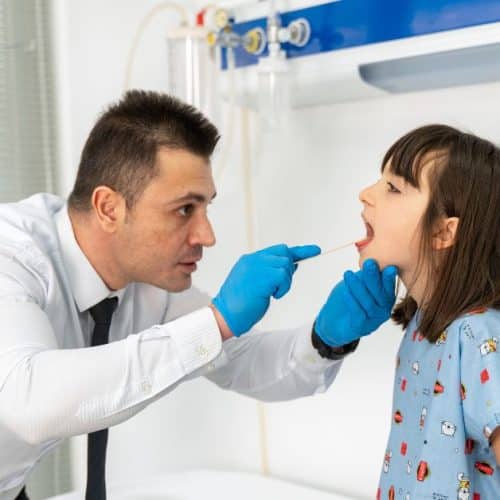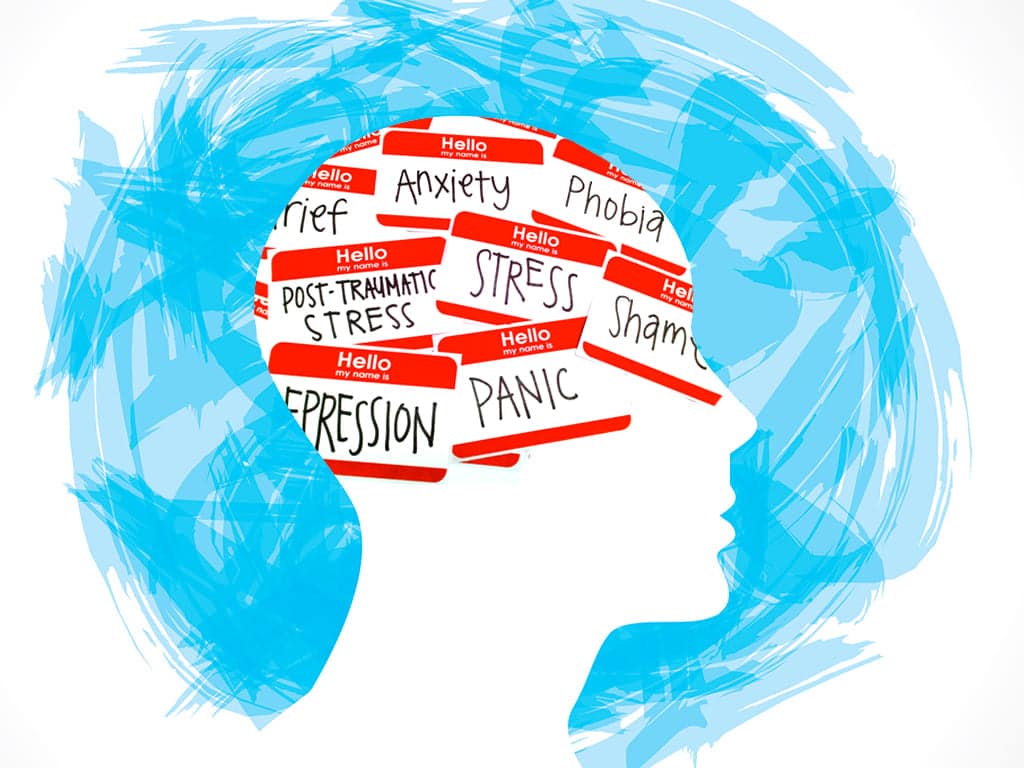15 Ways to Keep Your Brain Young and Healthy
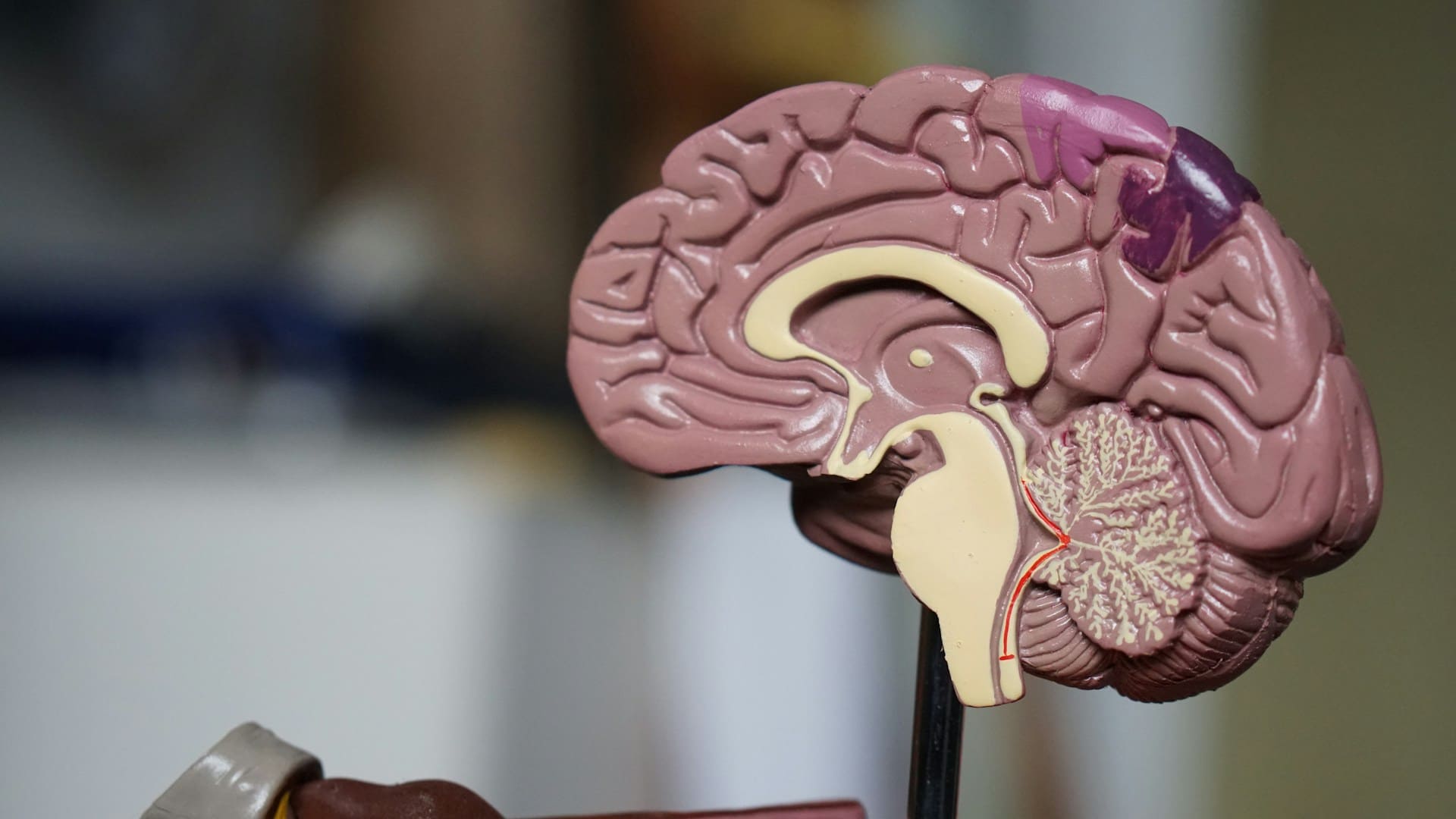
Like any complex mechanism, our brain requires attention and care, so that even in older age it continues to operate as actively and quickly as in our younger years. If only there were an instruction manual for healthy brain maintenance, where the algorithms for adjusting its “microcircuits” would be spelled out!
Almost half of all adults struggle with a headache at least once a month. The quality of our lives depends on the functioning of the brain. Taking care of the brain is a contribution to overall health and not a bad prevention of aging diseases. Most believe that brain development occurs in early childhood and that once a person reaches a certain age, they work with what they have. It is now scientifically proven that this is not true. Although the brain is most plastic and capable of learning during childhood, it never stops making new neural connections. The age-related changes in cognitive functions of the brain are inevitable, but these processes can be significantly slowed down.
A recent survey published in Nature Neuroscience focused on cognitive decline and aging. The study involved over 1,000 participants aged 60 and above and used cognitive tests to measure memory, attention, and problem-solving skills. The results indicated that while some cognitive functions decline with age, others, such as vocabulary and general knowledge, remain stable or even improve. The survey also found that regular physical activity, social engagement, and mental stimulation are associated with better cognitive health in older adults. These findings emphasize the importance of a holistic approach to maintaining brain health in aging populations.
Strategies For Maintaining Cognitive Health
Using strategies to maintain cognitive health is crucial for enhancing the quality of life and ensuring the longevity of mental faculties. Cognitive health impacts every aspect of our lives, including decision-making, problem-solving, and emotional regulation. Unfortunately, with age comes cognitive decline, and this increases the risk of developing dementia or Alzheimer’s disease. Therefore, doctors recommend following strategies that help keep your brain healthy and cognitive abilities intact for as long as possible. These are simple daily rules that are very much a part of a healthy lifestyle. This will have a positive impact on all areas of a person’s activities and as a result, will help to delay the onset of cognitive decline and keep the mind sharp.
How to improve brain function? Cognitive health is linked to physical health; a well-functioning brain supports better physical health and vice versa. Adequate sleep and a few simple secrets of how self-care reduces stress will definitely help you in this intention, as chronic stress and poor sleep can negatively affect cognitive processes. Social engagement and maintaining strong relationships are also important, as they provide emotional support and intellectual stimulation, both of which are beneficial for cognitive health. By adopting these strategies, individuals can maintain independence, enhance their productivity, and improve their overall well-being, ultimately leading to a healthier, more fulfilling life. Prioritizing cognitive health is an investment in a vibrant and active future.
Best 15 Ways to Keep Your Brain Young
Cognitive health is an important component of brain longevity, and as such, you need to support and care for your brain throughout your life. While some cognitive health factors are beyond our control (such as genetics and family history, which can directly affect how our brains and bodies change over time), we can still maintain our cognitive function by implementing healthy lifestyle tactics. Simple tips can help keep your brain young use your brain power to maximize your quality of life.
Exercise Regularly and Maintain a Healthy Weight
People who exercise regularly increase the number of tiny blood vessels that deliver oxygen-rich blood to the area of the brain that is responsible for thought. The exercises also lower blood pressure, lower cholesterol, help balance blood sugar levels and reduce mental stress, all of which can help both your brain and your heart.
 Eat a Balanced Diet and StayHydrated
Eat a Balanced Diet and StayHydrated
Following a balanced diet will not only help you control your weight, but it will also help prevent many heart diseases. Plus, the food you eat also feeds your brain.
The brain is responsible for ensuring that the heart and all other organs do the job they are designed to do. This is why you should try to eat foods that are good for keeping your brain active.
Eating well can help your mind and body. For example, people who follow a Mediterranean-style diet that emphasizes fruits, fish, plant-based protein, vegetables, nuts, and unsaturated oils (olive oil) sources are much less at risk of developing cognitive impairment.
Staying hydrated is essential for optimal brain function. Dehydration can impair cognitive performance and concentration. In addition, drinking enough water is also beneficial for weight management and to improve gastrointestinal function.
Stay Mentally Active
How to increase brain power? If you want to keep your brain young, keep learning new things. In the US, even Alzheimer’s patients are forced to learn from silence, read aloud, and socialize – this does not cure the disease, but it helps to slow it down significantly by improving brain function.
Fans of puzzles and crossword puzzles should know – their hobby has a positive effect on brain function and health. It does not increase your intelligence, but it does keep your brain active. It is also a good idea to learn new languages or learn to play a musical instrument. Mental agility is vital for a young mind. Doing mental exercises regularly is like a workout for the brain.
A recent study found that musicians are 60% less likely to have senile dementia than people who do not play musical instruments. Another study found that learning one foreign language distances the risk of developing Alzheimer’s disease by five years. Music or language practice will at least give you a chance to recognize and appreciate your abilities.
Get Enough Sleep
How to improve mind power? Regular sleep for at least eight hours a day makes the brain focused. Such sleep improves memory and learning. Because during sleep, the brain works hard, analyzing the events of the day and putting the information received “on the shelves”.
Sleep is often underestimated, but its importance cannot be overemphasized. Quality sleep is a time for your brain to detoxify and recharge. Establish a sleep routine, create a comfortable sleep environment, and limit your time in front of a screen before bed. Try to get up to 7-9 hours of restful sleep to improve memory and overall brain function.
Socialize
Close contact with family, friends and coworkers is a good way to keep your brain health from aging early. You can spend more time with your relatives, join a discussion club, or simply go to the movies with friends regularly. It has been found that a coherent mix of physical, mental and social exercise has helped a large number of people halt the onset of dementia. Maintaining friendships and family relationships is crucial to maintaining your mental health.
It has not yet been scientifically proven whether depression causes dementia, or whether dementia is caused by being alone for too long. Either way, the two diseases go hand in hand, often leaving those who are ill alone with their problem. Loneliness is as devastating to an old person as poor physical health. It can increase the risk of premature death by 14%.
Manage Stress
It explains why coloring books and jigsaw puzzles are so attractive to adults. They are great stress relievers, and studies have proven that adults can benefit from these activities to relax and give their brains a break.
How to keep your brain healthy? Chronic stress negatively affects mood and sleep patterns, and it causes blood pressure and cortisol levels to rise. This exhausts the body and can lead to the onset of depression. Constant stress can trigger chemical imbalances that are dangerous to the brain and other cells in the body. One of the most effective ways to prevent stress is meditation, mindfulness and well-being.
Limit Alcohol and Avoid Smoking
Various psychoactive substances are harmful to brain function: tobacco, alcohol, and drugs. All of them are addictive, steadily destroying personality, leading to loss of social connections. The best way to preserve the brain from these substances is not to use psychoactive substances.
When talking about the negative effects of smoking on the body, the first images that come to mind are black lungs and ruined teeth. However, not much is said about how cigarettes affect the brain: nicotine narrows blood vessels and alcohol damages neurons.
Take Supplements
How to keep your brain healthy? Supplements like omega-3 fatty acids, vitamin E, and ginkgo biloba may support cognitive health, though it’s essential to consult with a healthcare provider before starting any supplements. In addition, you need to choose trusted supplement manufacturers to be sure of their quality and health benefits. But don’t think supplements without diet and mental health can help keep your brain healthy.
Challenge Your Brain
Learn a new language, master chess or even take a couple of piano lessons. Stimulating mental activity revitalizes and supports brain function.
When we learn something new, it is always a kind of shock to our brain. It gets awakened, energized and excited. When you gain new experiences, you teach your brain to adapt to changing circumstances, to be flexible, because you are asking it to do things it is not used to doing.
Stay Positive
Maintaining a positive outlook on life can enhance mental health goal-setting and cognitive function. Optimism and resilience are linked to better brain health and longevity. You can’t dwell on negative things and think about bad things all the time, even if things are not going well. This will only make things worse and mental health will be affected.
Protect Your Head
Moderate to severe head injuries, even without diagnosed concussions, increase the risk of cognitive impairment. Head injuries, even minor ones, can have long-lasting effects on brain function, increasing the risk of cognitive decline, memory loss, and conditions like dementia and Alzheimer’s disease. Take care of yourself and your health, try to protect your head if you engage in extreme sports and monitor your health.
Regular Check-ups
It is very important to see your doctor even for preventive health checkups. Such diagnostics will help to detect the development of serious pathologies at early stages, when there are practically no symptoms yet. Regular medical check-ups can also help identify and manage health issues that may impact brain health, such as hypertension and diabetes. There are different reasons to get an annual physical exam, so don’t ignore this opportunity to keep your health.
Conclusion
Regular exercise, a nutritious diet, mental stimulation, quality sleep, stress management, and social engagement are key strategies to maintain cognitive health. Implementing these habits can enhance memory, improve problem-solving skills, and protect against cognitive decline. Start now for a brighter, more mentally agile future and use your brain power.
For a personalized approach to keeping your brain young and healthy, visit All Day Medical Care Clinic today. Our expert team provides tailored strategies and comprehensive cognitive health assessments to help you maintain mental agility and overall brain function. Take the first step towards a healthier brain by scheduling your consultation now.

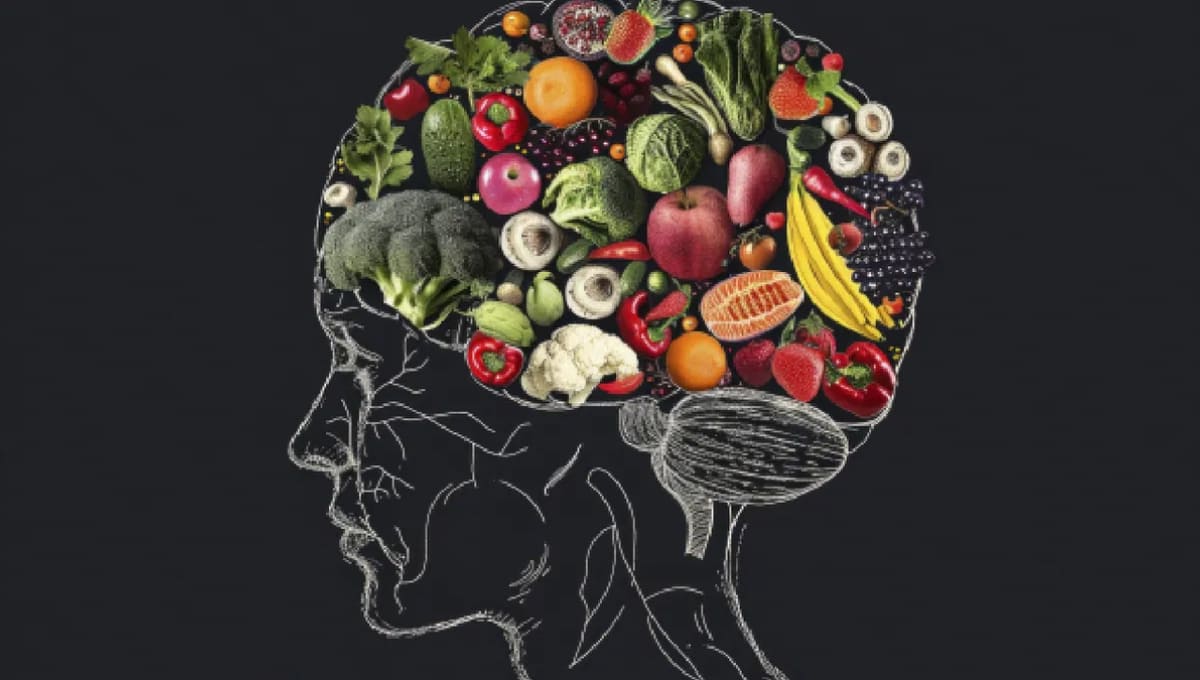 Eat a Balanced Diet and StayHydrated
Eat a Balanced Diet and StayHydrated











